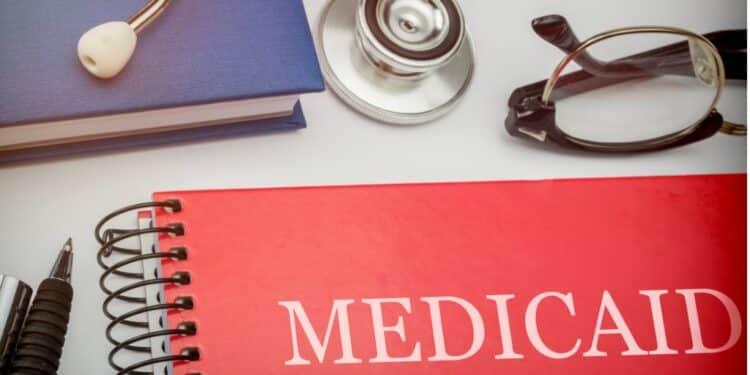Boston-based Public Consulting Group LLC (PCG) will pay $2.5 million to resolve allegations that it violated the False Claims Act. The case stemmed from a qui tam whistleblower complaint filed back in 2012; as part of the settlement, the whistleblower will receive 21% of the settlement amount from the U.S. government and $275,000 from PCG.
According to the settlement agreement, PCG is a company that “provides consulting and operational services for public sector health, education, and human service agencies and authorities.” The document states that as part of a contract with the State of New Jersey, PCG “provided administrative support for New Jersey’s Special Education Medicaid Initiative (“SEMI”) program. According to New Jersey’s website, “SEMI…and MAC (Medicaid Administrative Claiming) are school-based federal Medicaid Title XIX reimbursement programs.” Through these two programs, “participating public school districts are reimbursed a portion of the costs associated with providing health-related services to Medicaid-eligible students in their Special Education programs.”
The settlement agreement states that around the end of April 2012, the qui tam whistleblower filed a complaint alleging “that PCG and various New Jersey school districts made or caused to be made false claims in connection” with the SEMI program. The whistleblower alleged that “PCG caused local school districts to submit claims to the Centers for Medicare and Medicaid Services (“CMS”) for evaluation services that PCG knew or should have known were not covered by Medicaid.”
The qui tam provisions of the False Claims Act enable private citizens to file lawsuits on behalf of the government if they know of an individual or company defrauding the government. Qui tam whistleblowers are eligible to receive between 15 and 30% of the government’s recovery, if one occurs. The U.S. government has the chance to intervene in False Claims Act cases, and in this case, the government “contends that PCG submitted or caused to be submitted claims for payment to the Medicaid Program.” In particular, the U.S. “contends that it has common law claims against PCG, specifically, for payment by mistake, arising from evaluation service claims submitted by or for New Jersey school districts under the SEMI program during the period from April 23, 2006 through the date of this Settlement Agreement.”
PCG will pay the U.S. government $2,500,000 as part of the settlement. The company will pay the whistleblower $275,000. According to the U.S. Department of Justice (DOJ) press release, “[o]nce PCG makes the payment, the case will be dismissed.”
The whistleblower in the case will also be receiving 21% of the settlement amount from the U.S. government.
Whistleblowers are critical to uncovering waste, fraud, and abuse in the medical and health care industry: fraudulent schemes and defrauding of federal health care programs can be particularly harmful to patients and erode trust in the medical system. In Fiscal Year 2021, qui tam whistleblowers helped the DOJ recover $1.6 billion in settlements. The DOJ highlighted health care fraud as “the leading source of the department’s False Claims Act settlements and judgments.”
Senator Chuck Grassley (R-IA), who has been consistently championed as the “patron saint” of whistleblowers, proposed amendments to the False Claims Act in 2021 that would strengthen protections for whistleblowers and clarify existing law. The amendment was widely supported by whistleblower organizations and advocates. However, WNN sources discovered that the pharmaceutical lobby intervened with the amendment’s passage. The National Whistleblower Center (NWC) is urging Congress to protect the False Claims Act: learn more here.




